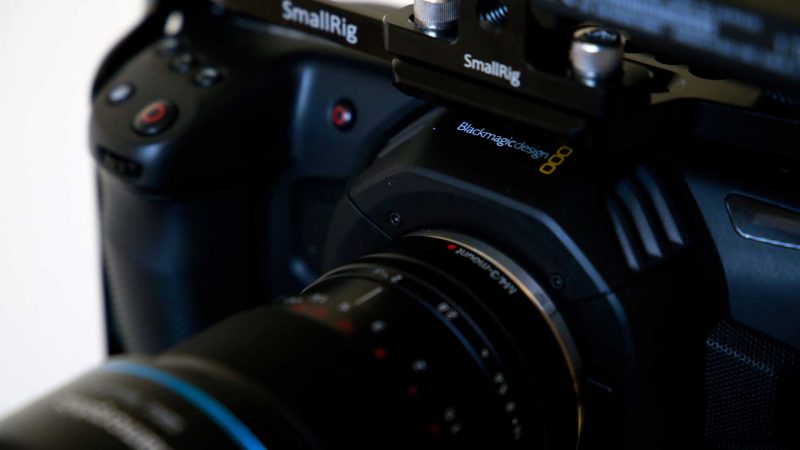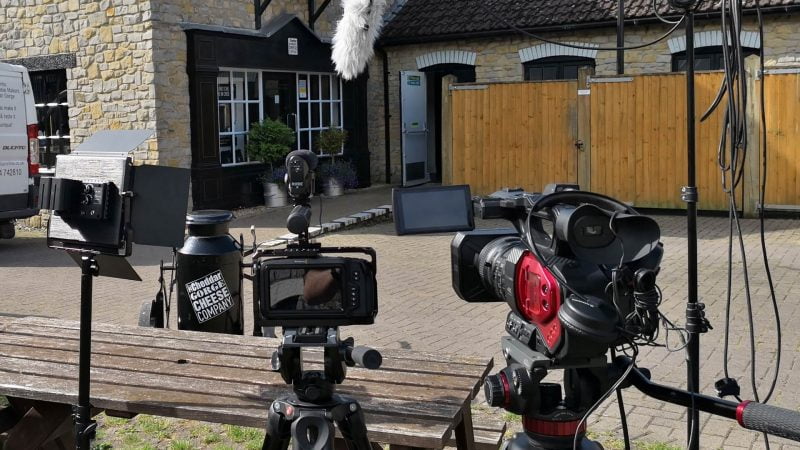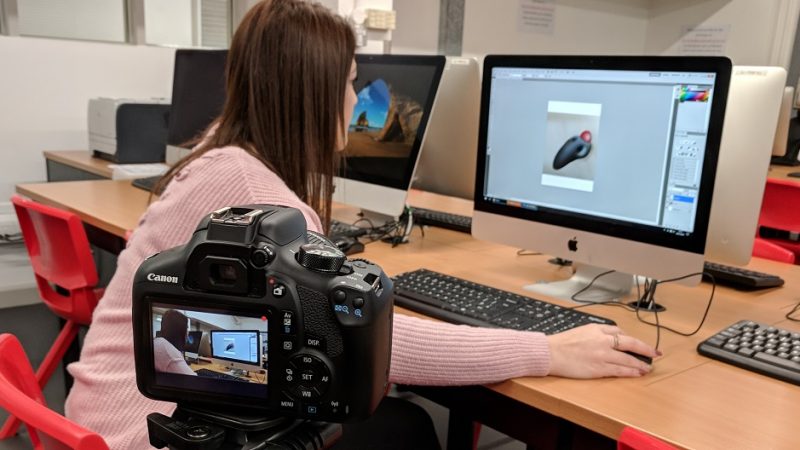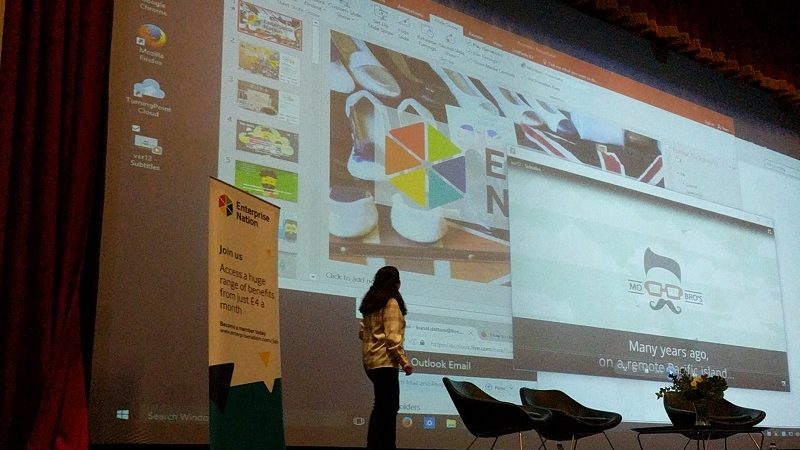The Compass Process
We strongly believe that everyone has a story to tell. We have created this page to help you understand what happens next and a guide to help you write your own brief.
Writing a brief is the best way to convey your thoughts, tell us about your business, your product and/or service. The brief can include more extensive information, but it should always be related to the current project.
- Getting everyone to focus – One version of the truth
The process of writing a brief forces people to focus. It can be a painful process to boil down ideas into a single document. It’s vital to focus on what needs to be in the project and what doesn’t.
- One voice
Understanding who will ‘sign off’ or ‘have the final say’ on your project is vital to your success. Sending feedback to a ‘working group’ or ‘committee’ can lead to unnecessary delays and duplication of work. Knowing who to talk to is one of the most critical elements of effective communication.
- Include the deadline
Add the deadline or any milestones to the brief. If it’s a rushed job with a short timeframe, it’s best to know about it early.
- Who is the target audience?
If you can pick a target audience, it helps to define the voice and tone. Do you have a specific audience you wish to engage with? If you use any form of analytics, what are they saying about your target audience?
- What would you like your intended audience to do next?
It can be as simple as clicking a button or visiting a website. Or it could involve thinking differently about a company or subject. A concise outcome will drive the creative and distribution strategy so needs to be thought through.
- Brand
Your brand is more significant than just your product. Do you have any brand guidelines? Think about how you want your brand to be represented.
- The story
What do you want to say? If you had one thing you wanted your audience to remember, what would it be? This helps create a foundation for your project
- Budget – yes tell us what your budget is.
There is a reason why some feature film are made for £20,000 and others are made for £200,000,000. If we have a rough idea of a budget to work with, you will receive a more realistic and achievable proposal. This also avoids compromise and disappointment if we have to remove something from your project due to a lack of budget.
- Competition
When writing the brief include info on your competitors. Link to work they do that you like and to work that you do not like. This can help you see what is going on in your marketplace.
- How will this get delivered?
If you can tell us where you expect to place your content, it will help us deliver exactly what you need. It also makes sure the idea has been built to work across multiple platforms and can avoid any difficulties that could be thrown up with the intended destination.
- How will this get measured?
What will success look like for you? Do you want to use analytics to monitor in real-time?
- Should I send a brief to more than one company?
NO! Just send it to us! – In the real world, we would recommend that you get at least one other proposal to compare. This way you will know if you are getting the best value for your money. A good rule of thumb is: massive project – go wild ask everyone. Not so large project – aim for about two or three proposals.
If you would like to discuss your project and get help with writing your brief, do get in touch and we can walk you through the process. Start by downloading and completing our document and email it to info@compass-video.com








